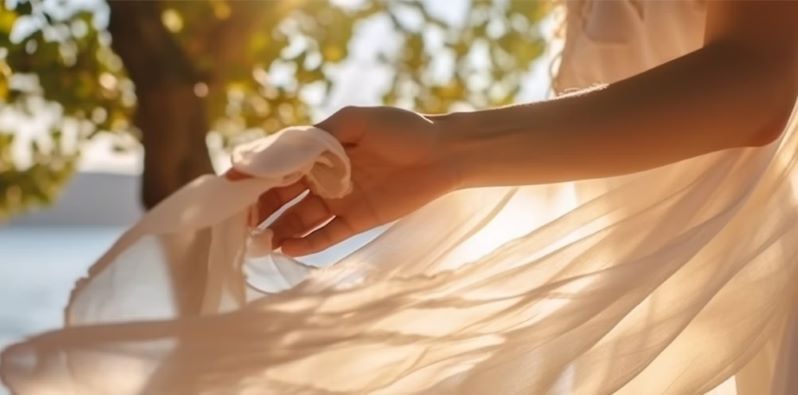This certifies Naia Renew recycled content, chain of custody, social and environmental practices, and chemical restrictions

Eastman Naia Renew cellulosic fiber recently received Global Recycled Standard (GRS) certification. This certifies Naia Renew recycled content, chain of custody, social and environmental practices, and chemical restrictions.
Textile Exchange, a global non-profit for sustainable change in the fashion and textile industry, owns the GRS certification process.
"We’re honored to add GRS certification to our list of Naia certifications that support our sustainability goals,” said Claudia de Witte, Sustainability Leader for Eastman Textiles. “Third-party certifications help us build our brand trustworthiness. It’s our goal to make sustainable textiles available to all, and we do that by building trust with our customers and collaborators. This certification adds even more credibility to our fibers and our sustainability story, which we’re proud to share.”
In June 2023, Textile Exchange made an important announcement regarding its Alternative Volume Reconciliation (VR2) policy, which broadened the range of chemical recycling technologies eligible for mass balance. Notably, this expansion now encompasses gasification, the technical description of Eastman’s molecular recycling technology known as carbon renewal technology.
Molecular recycling technologies at Eastman break waste down into its molecular building blocks allowing the materials to be used in new materials that are indistinguishable from non-recycled materials. By expanding the GRS to include gasification, the global standard now allows for a broader approach to making sustainable textiles accessible to everyone.
"Collaboration is one of Eastman’s greatest strengths,” said de Witte. “That’s why we continually engage with industry leaders and associations to help shape the future of sustainable textiles. We’re thrilled Textile Exchange made the decision to expand the scope of VR2 to include gasification. This is a big win for Naia and the future of textiles sustainability.”
Subscribe to our newsletter & stay updated.